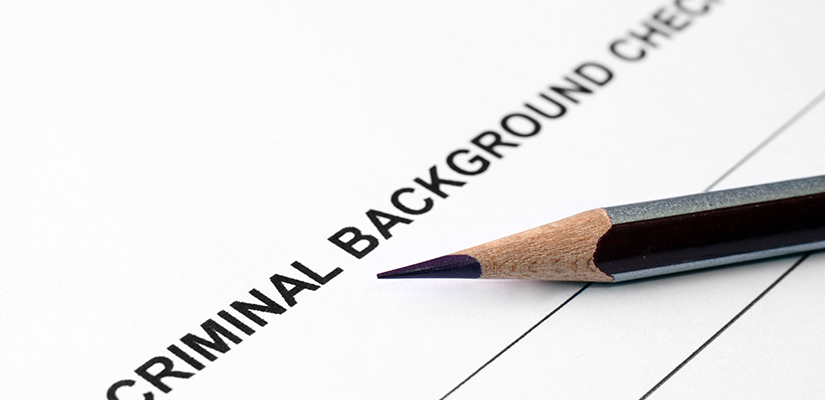California’s Current Law on Employee Background Checks
Existing California law regulates the use of criminal history information in hiring and personnel decisions. While such laws are meant to protect job applicants from discrimination based on their criminal history, applicants with convictions may still suffer prejudice in hiring. All employers reserve the right to run a criminal background check on you, meaning any convictions you have will probably show up even if you do not disclose it. In some instances, an employer will ask upon application whether you have ever been convicted of a crime. Additionally, fields such as education and law enforcement require that you report all crimes, including misdemeanors.
SB 809 Seeks to Ban Criminal Background Checks for Private Employers
In February of 2023, California senators introduced Senate Bill 809 (SB 809) to ban criminal background checks by most private sector employers. Proponents of the bill believe that formerly incarcerated people face discrimination by employers when looking for work. The bill includes 8 sections, with the primary ones summarized below.
Section 2
Section 2 would amend the California Investigative Consumer Reporting Agencies Act (ICRAA) to require even greater transparency and specificity by employers seeking criminal history information for hiring and personnel decisions. Job applicants would be entitled to a disclosure that includes either:
- All the specific job duties of the position for which a conviction may have a direct and adverse relationship; OR
- All applicable laws and regulations that prohibit or restrict the hiring or employment on the basis of a conviction (banks, insurance companies, etc.).
Section 3 and 4
Sections 3 and 4 would repeal the existing Fair Chance Act and replace it with the Fair Chance Act of 2023. The Act of 2023 provides that except as otherwise allowed by the statute, it would be an unlawful employment practice for any employer to do any of the following even after extending a conditional job offer:
- Declare, print, or circulate any solicitation, advertisement, or publication for employment or promotion that states any limitation or specification regarding conviction history
- Include on any application for employment or promotion, or directly or indirectly ask the applicant, any question that seeks the disclosure of an applicant’s conviction history
- Inquire into, directly or indirectly ask the applicant, or consider the conviction history of the applicant, including any inquiry about conviction history on any employment or promotion application, with enumerated exceptions
- End an interview, reject an application, or otherwise terminate the employment or promotion application process based on conviction history information provided by the applicant or learned from any other source
- Make an adverse decision based on the applicant’s response, including denial of conviction history, to a question, inquiry, or voluntary disclosure regarding the applicant’s conviction history
- Require self-disclosure of an applicant’s conviction history at the time of, or any time after, a conditional offer of employment or promotion
- Require or request that an applicant share any personal social media
- Inquire into, directly or indirectly ask the applicant, consider, distribute, or disseminate information about specifically enumerated data/information while conducting a conviction history background check in connection with any application for employment or promotion
- Interfere with, restrain, or deny the exercise of, or the attempt to exercise, any right provided under this article
- Take adverse action on the basis of a delay in obtaining, or failure to obtain, any specified information
Although the bill’s future is uncertain, employers and employees alike should be mindful of the bill’s progress given its drastic impacts. If enacted into law, the Fair Chance Act of 2023 will become the most restrictive fair chance law in the United States.
Contact Wallin & Klarich Today
If you are worried about your criminal record in California, contact Wallin & Klarich as soon as possible to see how we can help. At Wallin & Klarich, we are always up to date on the latest developments so that we can assist you more effectively. With 40+ years of experience, our attorneys have helped thousands of clients in a wide range of cases, and we have the skills and resources to help you avoid conviction and build towards a better future.
With offices in Orange County, Riverside, San Bernardino, Victorville, Torrance, West Covina, Los Angeles, and San Diego, you are sure to find an available and convenient attorney near you.
Discover how our team can assist you. Contact us today, toll-free at (877) 4-NO-JAIL or (877) 466-5245 for a free consultation with a skilled defense attorney.



